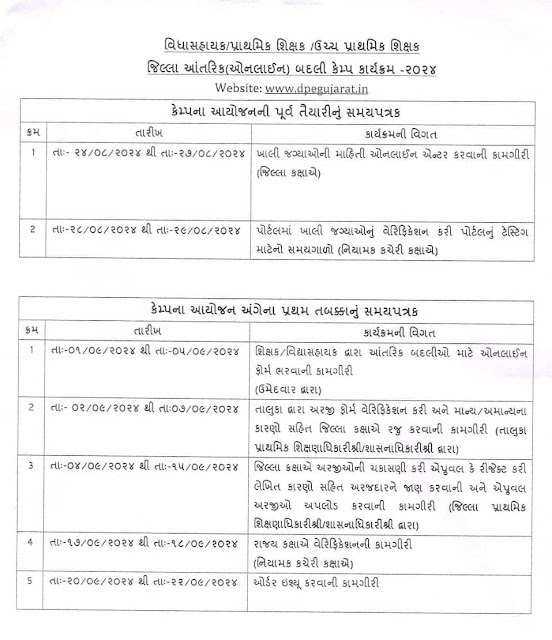JILLA FER BADLI MATE NU SENIORITY LIST SEE HERE mahesana jilla
Transfer of learning is the dependency of human conduct, learning, or performance on prior experience. The notion was originally introduced as transfer of practice by Edward Thorndike and Robert S. Woodworth.[1] They explored how individuals would transfer learning in one context to another, similar context – or how "improvement in one mental function" could influence a related one. Their theory implied that transfer of learning depends on how similar the learning task and transfer tasks are, or where "identical elements are concerned in the influencing and influenced function", now known as the identical element theory.
Today, transfer of learning is usually described as the process and the effective extent to which past experiences (also referred to as the transfer source) affect learning and performance in a new situation (the transfer target).[2] However, there remains controversy as to how transfer of learning should be conceptualized and explained, what its prevalence is, what its relation is to learning in general, and whether it exists at all.[3] There are a wide variety of viewpoints and theoretical frameworks apparent in the literature, which can be categorized as:
- a taxonomical approach that categorizes transfer into different types;
- an application domain-driven approach that focuses on developments and contributions of different disciplines;
- the examination of the psychological functions or faculties transfer models invoke;



